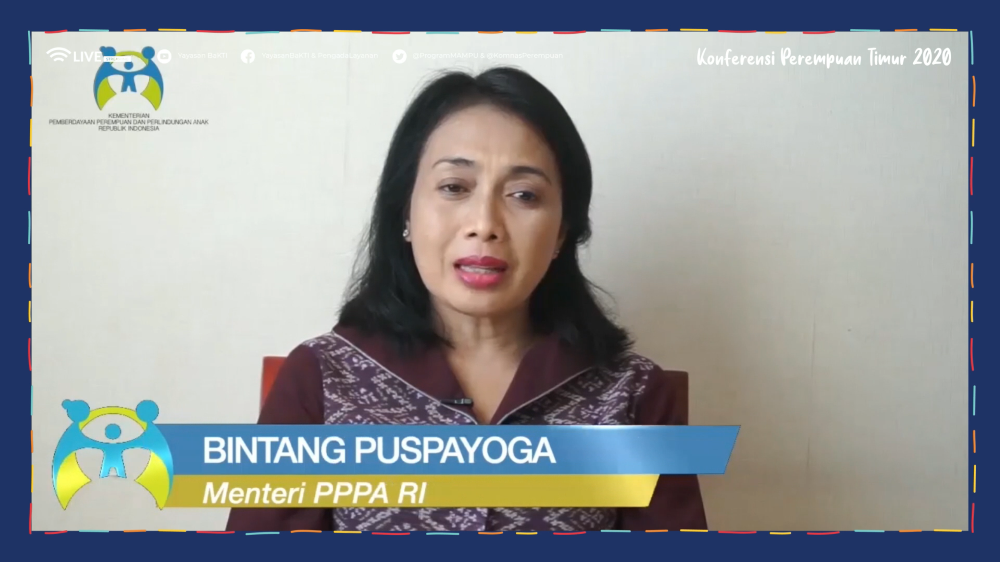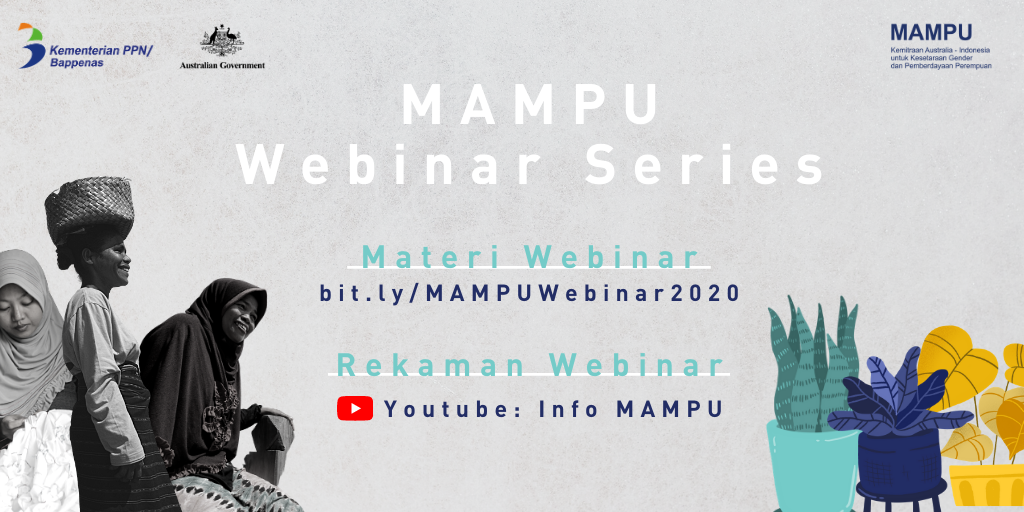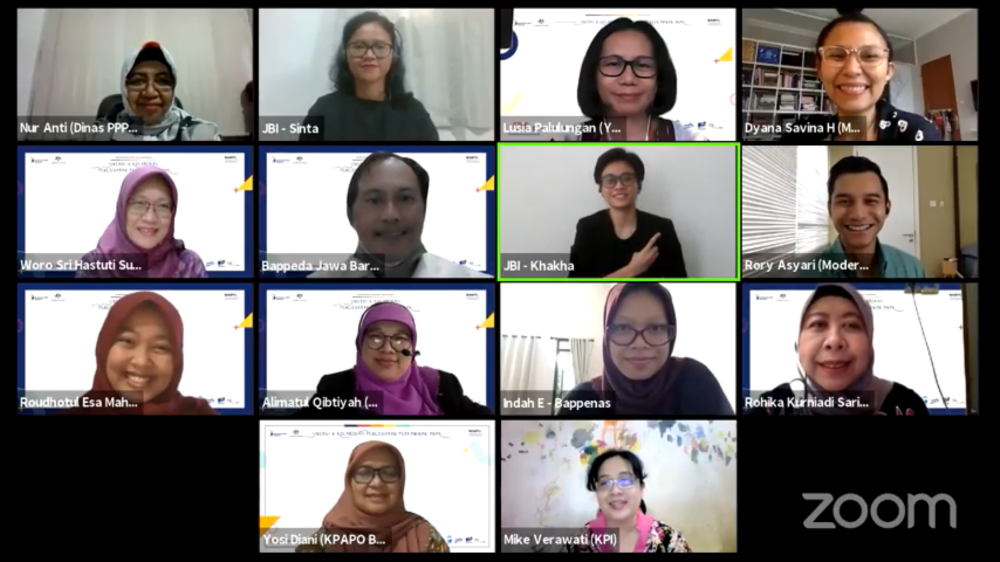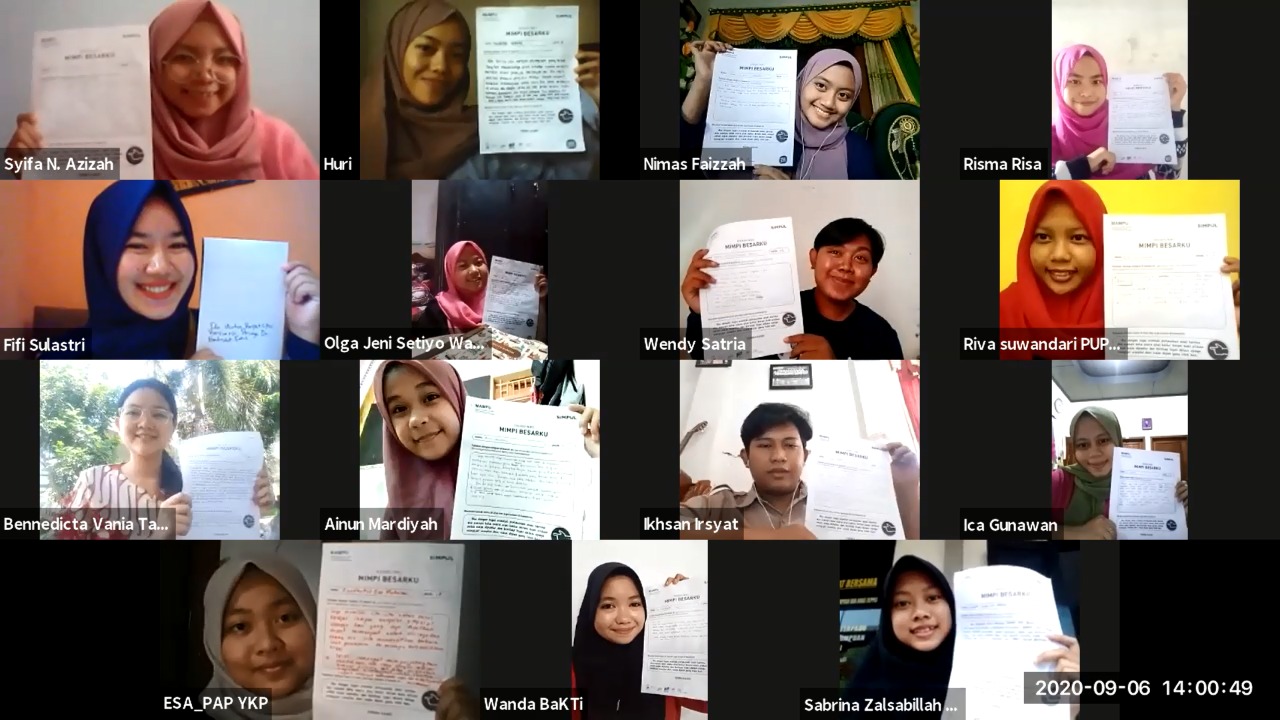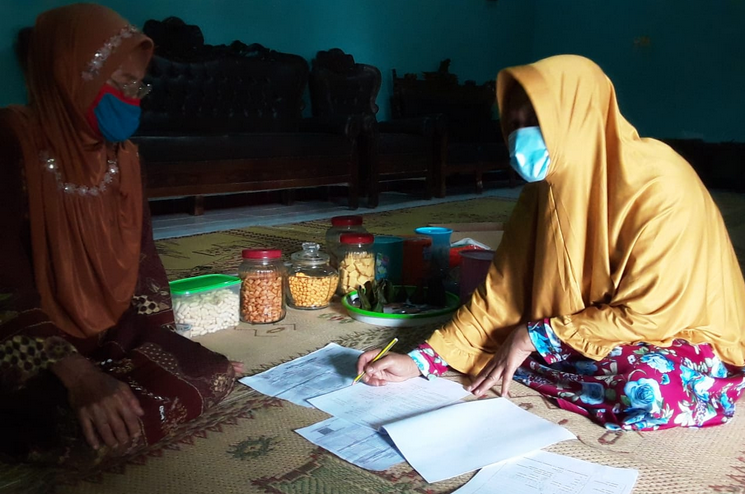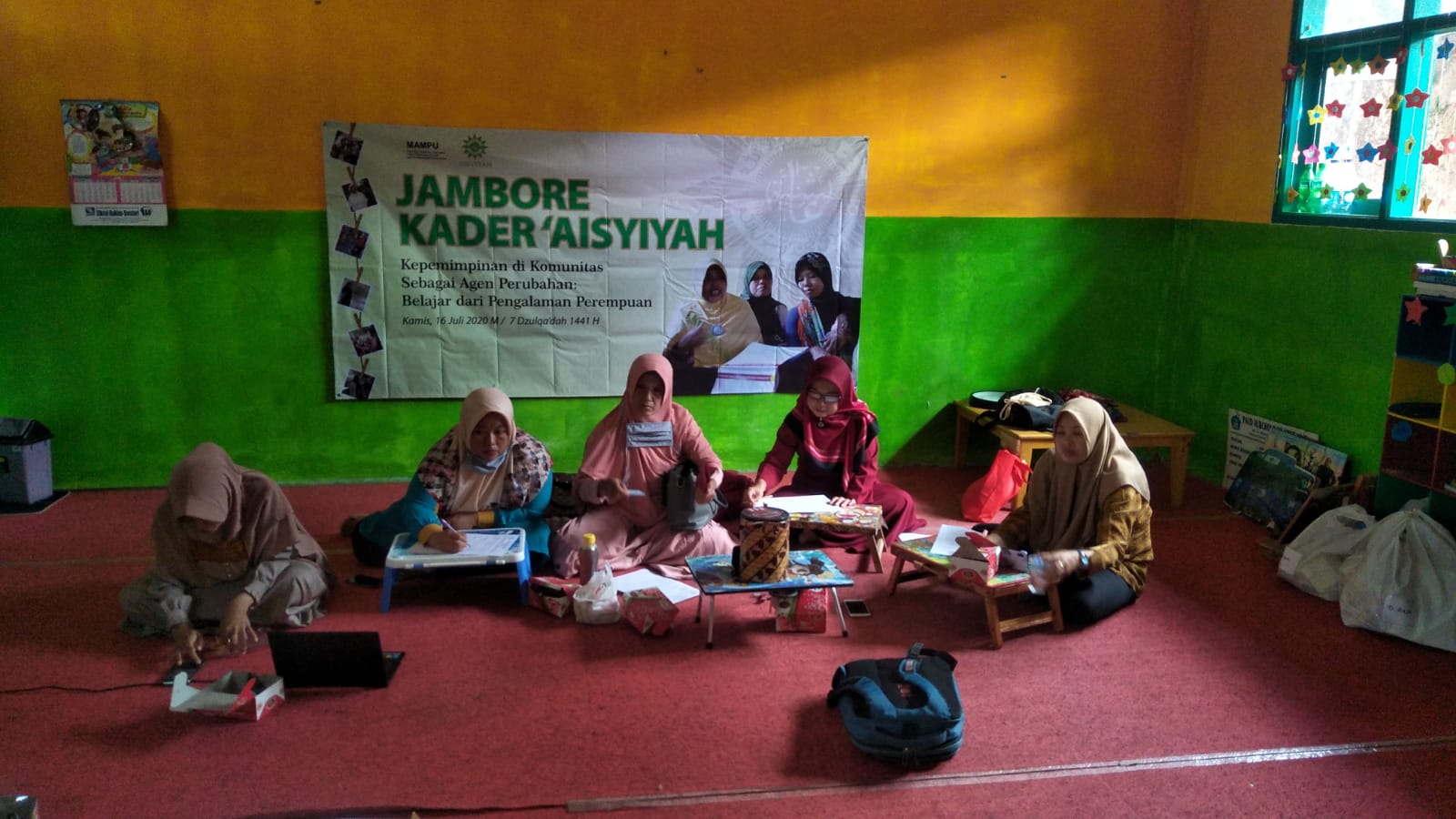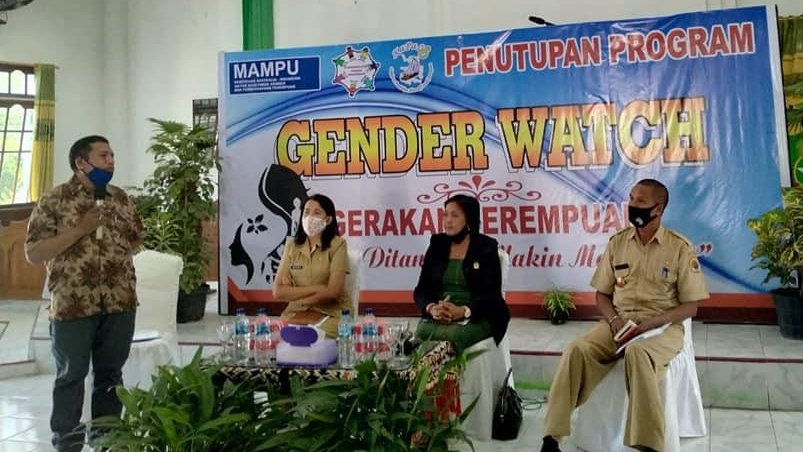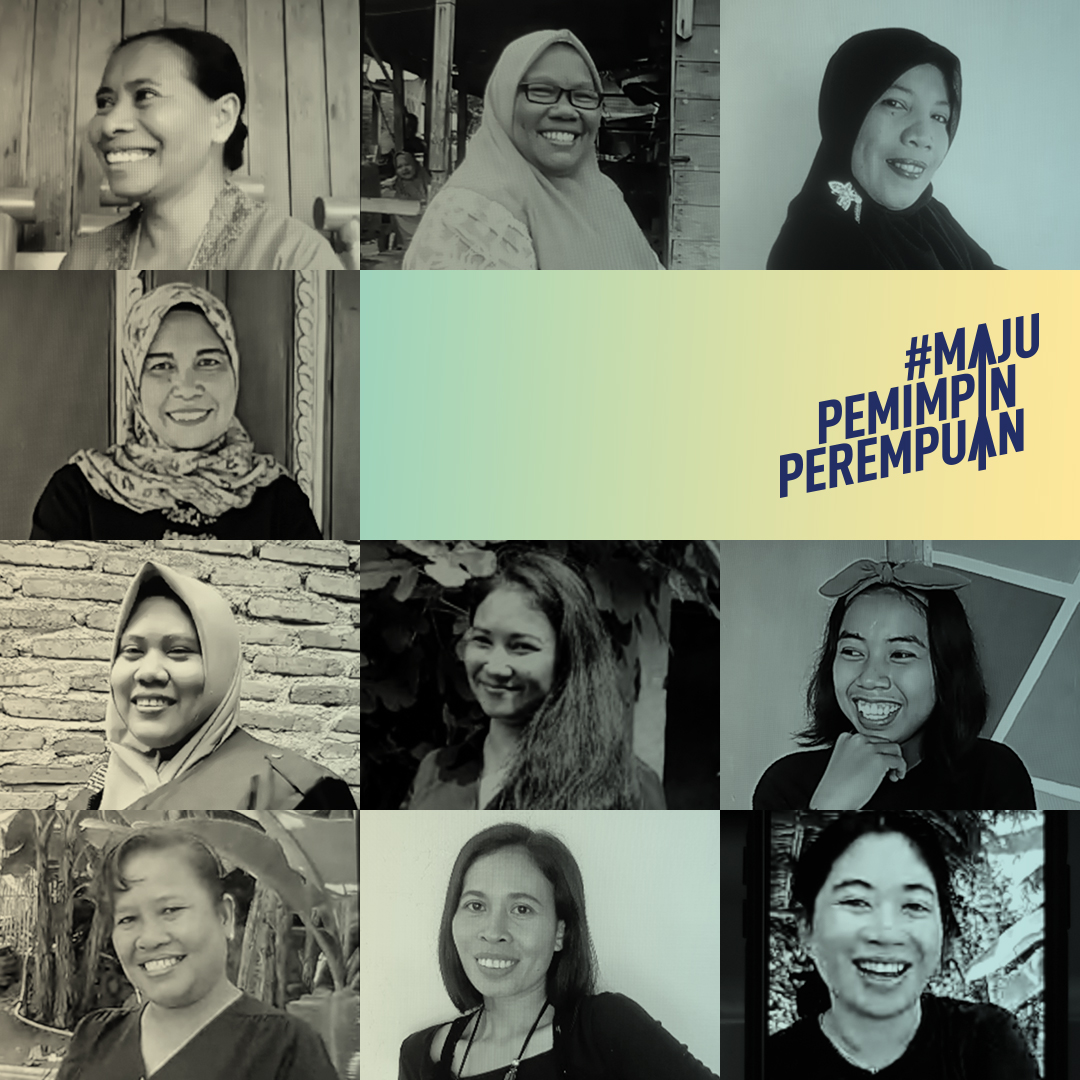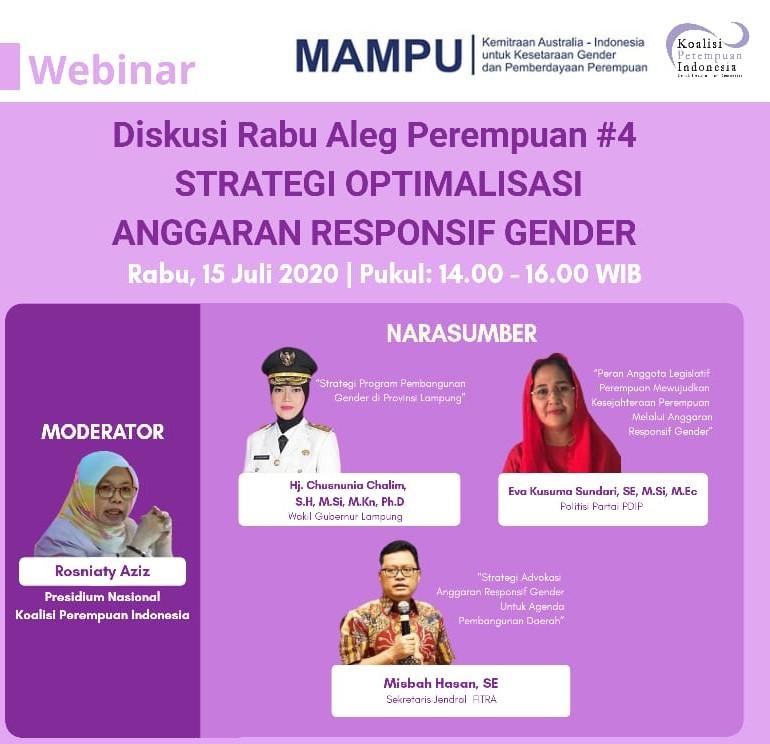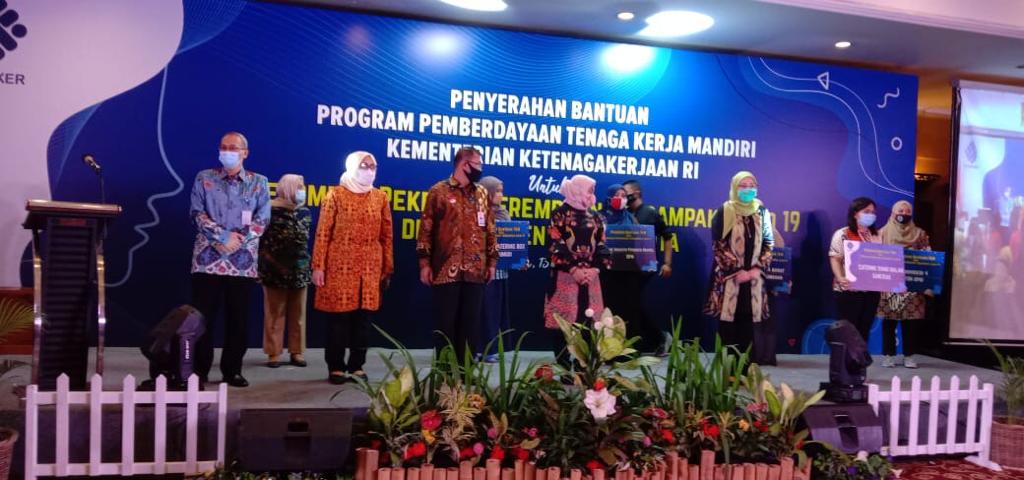Event
Reducing Stunting Remains a Priority in the Pandemic
26 August 2020Author: Amron Hamdi

The COVID-19 pandemic has not only impacted negatively on the economy it has also affected efforts to achieve the government’s national priorities, one of which is preventing stunting. On 14 May ‘Aisyiyah, MAMPU partner in the reproductive health and nutrition cluster, held a webinar. Iing Mursalin represented the National Team for the Acceleration of Poverty Reduction’s (TNP2K) anti-stunting team to speak at the webinar, he explained: “Even when conditions are normal, the target of reducing stunting is quite difficult to achieve, in a state of emergency like this, it is especially difficult.”
According to Iing, there are four main factors that have hindered efforts to reduce stunting, namely: the reallocation of budgets which were initially concentrated on anti-stunting initiatives have been redirected for the COVID-19 emergency response; the large-scale social restrictions (PSBB) which have resulted in the closure of community health centers and classes for pregnant women, as well as increasing food prices and weakening peoples’ purchasing power, which directly affects access to nutritious food.
Pungkas Bahjuri Ali from Bappenas, added to Iing’s statement with interesting Bappenas data which shows that in Indonesia, regions with the highest number of stunting cases are also regions that have high levels of COVID-19 infection.
According to Pungkas, this complicates efforts to prevent stunting: “The challenge is not just a triple burden, but a quadruple burden, namely the burden of obesity, micronutrient deficiencies, macro malnutrition, plus the burden of COVID-19.”
Dian Dhipo from Ministry of Health’s Directorate of Public Nutrition highlighted the importance of food security at the family level. “Weak nutrition security in the family environment will increase acute nutrition problems. This can lead to an increase in the number of children suffering from malnutrition and stunting. Therefore, this problem needs proper handling, especially by providing family level assistance.”
Providing Support and Seeds to Promote Food Security and Village Nutrition
‘Aisyiyah is providing village level mentoring and education with support from the MAMPU Program. Tri Hastuti, MAMPU’s ‘Aisyiyah Program Manager spoke about ‘Aisyiyah’s role in in building the capacity of ‘breast milk and nutrition cadres’, who provide education about the importance of breastfeeding and proper nutrition at the village level. These cadres also provide locally sourced complementary food supplements and ingredients to families who need it.
On 19 and 20 May, ‘Aisyiyah, with support from the MAMPU Program, held a refresher course for cadres of ‘Aisyiyah Regional Leadership (PDA) groups in 15 districts and cities. The online course covered mentoring and counselling materials for the 270 cadres and 30 PDA assistants who attended the online Zoom training. According to Karwati, the MAMPU-‘Aisyiyah Coordinator in Sumedang, many cadres who were not used to taking part in virtual forums showed high enthusiasm for the meeting. “Many cadres were eager to participate, and the committee team was ready to help the participants to join online,” said Karwati.
Tri explained that in addition to supporting the cadres, ‘Aisyiyah has directly helped the community by procuring food staples that have been challenging to obtain during the pandemic. In a number of regions and cities, “‘Aisyiyah distributes nutritious food to pregnant and breastfeeding women, and stunted children. Besides that, we also support women’s groups to utilise their home gardens to grow food,” said Tri.
Balai Sakinah ‘Aisyiyah (BSA) communities in 15 districts and cities have been provided with seeds, seedlings and fish so the women in these communities can grow food and provide for their families independently, at least until the pandemic is over.
Monica Subastia from the MAMPU-‘Aisyiyah team in Magelang District explained that based on the results of mapping, many families were experiencing food shortages. “We provide vegetable and fruit seeds as well as fish fingerlings, because, from the results of the mapping we have done, there are still many families who lack protein and don’t consume enough fresh fruit.” BSA groups in each of the regions showed support for the program and voiced hopes that the program would continue until the end of the pandemic.




